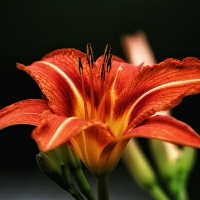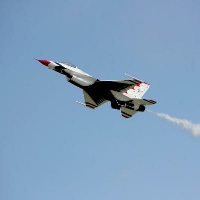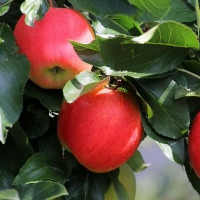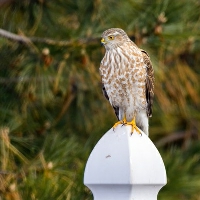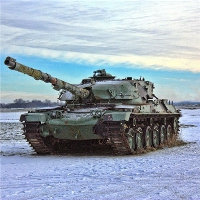In 2022, the tuition for arts majors of Lijiang Culture and Tourism College will be 28000 yuan/student; Accommodation fee: 800 yuan/school year/student for six rooms, 1200 yuan/school year/student for four rooms, 2800 yuan/school year/student for four rooms in the New Area. The following are the charging standards for each specialty for your reference:
Note: Generally speaking, art majors are more expensive than ordinary majors. The tuition of art majors in public universities is 1-15000 yuan/year, and that of art majors in private universities is about 30000 yuan/year. Chinese foreign cooperation art majors are more expensive. (The tuition of art theory majors is cheaper than that of ordinary arts majors.)
1. Tuition
28000 yuan/student for animation, visual communication design, environmental design, product design, clothing and costume design, digital media art, and fine arts.
2. Accommodation expenses
Six person room: 800 yuan/academic year/student
Four rooms: 1200 yuan/academic year/student
Four rooms in the New Area: 2800 yuan/academic year/student
Introduction to Lijiang College of Culture and Tourism
Lijiang Culture and Tourism College (referred to as "Culture and Tourism College" for short), located in Lijiang City, Yunnan Province, is a full-time private ordinary undergraduate college.
Lijiang College of Culture and Tourism, formerly known as the College of Tourism and Culture of Yunnan University, was held in Lijiang in 2001 by Yunnan University and Yunnan Dabo Cultural Investment Co., Ltd. It began to recruit students in 2002 and was first recognized as an independent college by the Ministry of Education in 2004. In 2021, with the approval of the Ministry of Education, the College of Tourism and Culture of Yunnan University was officially transformed into Lijiang College of Culture and Tourism, a private undergraduate college.


